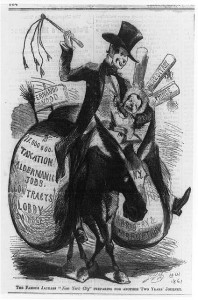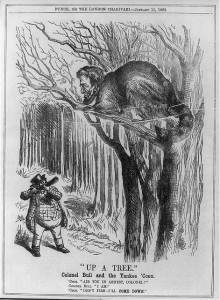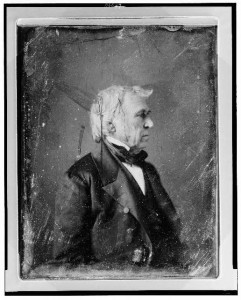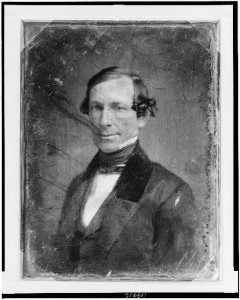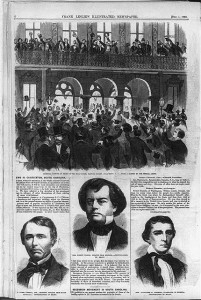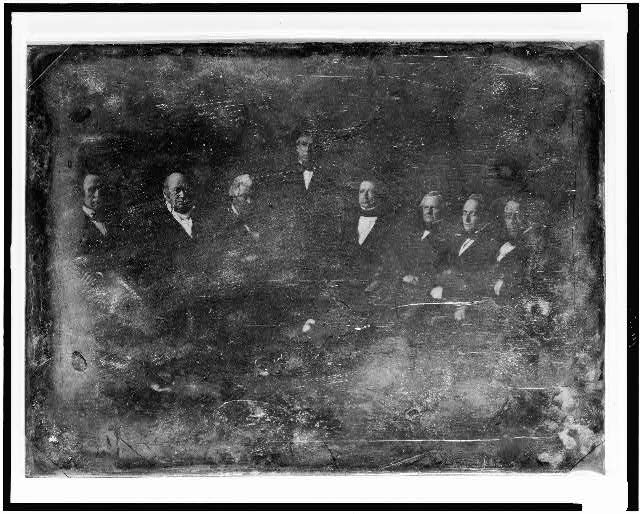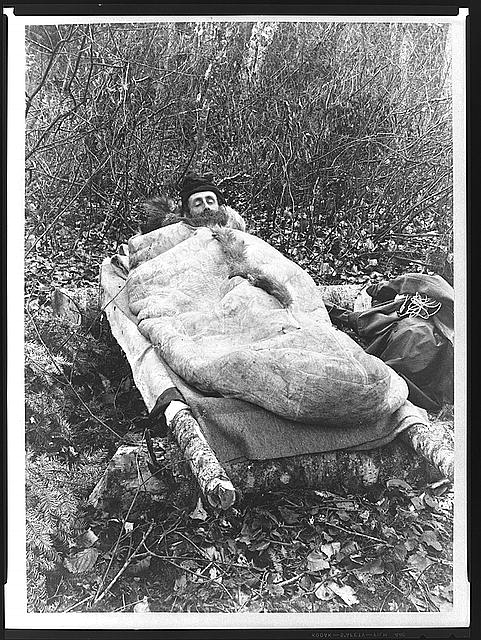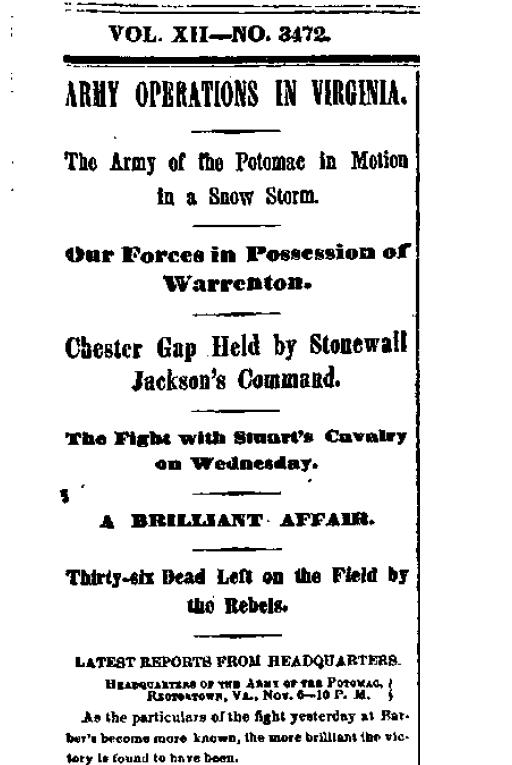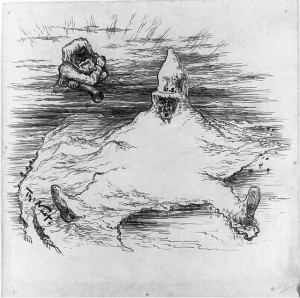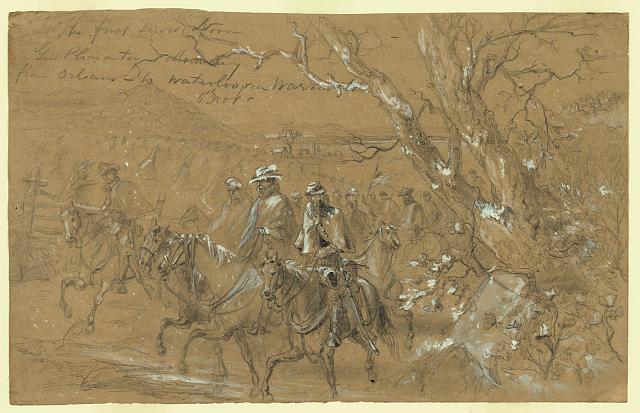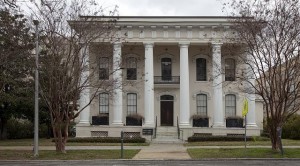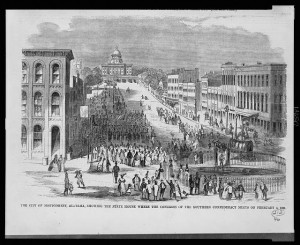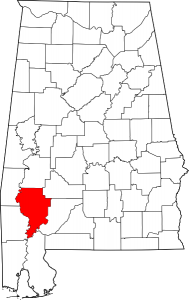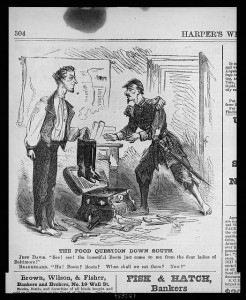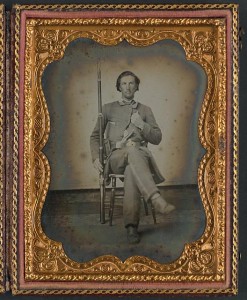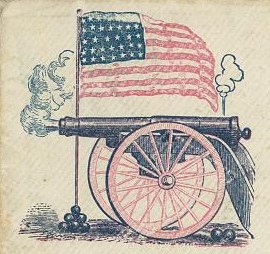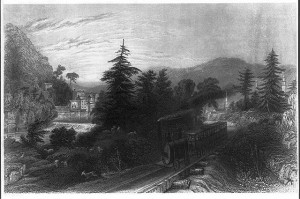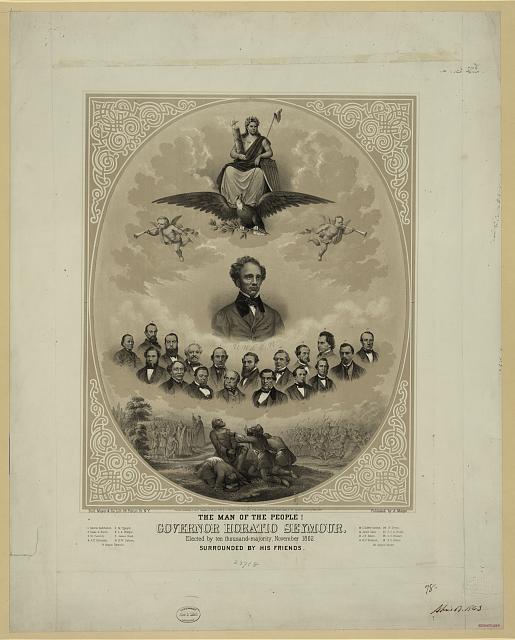![General McClellan accompanied by General Burnside taking leave of the Army of the Potomac (by Alfred R. Waud, [1862 November 10]; LOC: LC-DIG-ppmsca-22477) General McClellan accompanied by General Burnside taking leave of the Army of the Potomac (by Alfred R. Waud, [1862 November 10]; LOC: LC-DIG-ppmsca-22477)](https://www.bluegrayreview.com/wp-content/uploads/2012/11/22477r.jpg)
General McClellan and his successor Burnside on November 10th
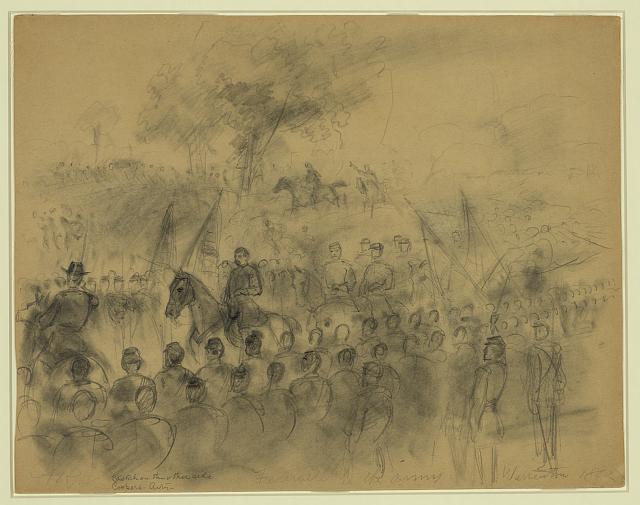
Cheers for Mac on November 10th
Seneca County in upstate New York voted mostly for the Democratic party in 1862. In late September a group of men in the town of Seneca Falls named a political club after George B. McClellan, the commander of the Army of the Potomac and fledgling Democrat. However, on November 7th McClellan was notifiedthat he had been relieved of command and ordered to Trenton, New Jersey to await further instructions. Here’s a report on all the cheers the general received on his journey North. I think the Wednesday (the 12th) mentioned in this report is wrong. There is evidence that the train trip was on the 11th. Based on the Seneca County article, the first leg of the journey was on the Orange and Alexandria Railroad.
From a Seneca County, New York newspaper in November 1862:
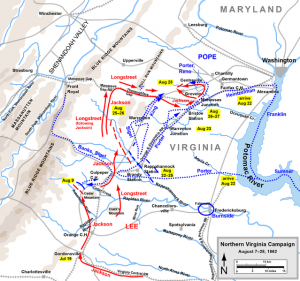
looks like Mac took the Orange and Alexandra out of Warrenton Junction
Honors to Gen. McClellan.
The telegraph reports that when Gen. MCCLELLAN and staff reached Warrenton Junction, on Wednesday, a salute was fired. The troops which had been drawn up in line, afterward broke rank, when the soldiers crowded around him, and many eagerly called for a few parting words.
He said in response, while on the platform of the Railroad depot:
“I wish you to stand by Burnside as you have stood by me, and all will be well. – Good bye.”
To this there was spontaneous and enthusiastic response.
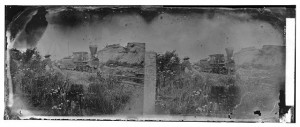
locomotive on Orange and Alexandria in August 1862
The troops were also drawn up in line at Bristow Station and Manassas Junction, where salutes were fired, and where Gen. gen. McClellan was complimented with enthusiastic cheers.
The cars being detained owing to some impediment on the track, general McClellan was recognized by the many soldiers quartered in that vicinity, when he was greeted with enthusiastic cheers.
At Philadelphia Gen. MCCLELLAN met with a most enthusiastic reception. The train arrived shortly after midnight and was hailed with most boisterous cheers and with music from the band.
In response, General McClellan made his appearance upon the platform, and after the subsidence of the cheers said:
Fellow citizens of Philadelphia, I thank you for your kindness. I have just parted with your brothers and sons in the Army of the Potomac too recently to make a speech. Our parting was too sad. I can say nothing more to you, and I do not think you should expect a speech from me.
The Young Napoleon was only slightly less laconic 150 years ago today in a frenzied Trenton, New Jersey. From The New-York Times November 14, 1862:
GEN. McCLELLAN AT TRENTON; A Serenade and a Speech
TRENTON, N.J., Thursday, Nov. 13.
The citizens of Trenton are perfecting their arrangements for a grand serenade to Gen. McCLELLAN and his Staff officers to-night.
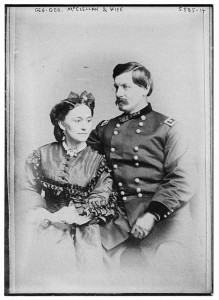
carriage ride in Trenton
The General and his wife rode out together this morning in a private carriage, for the first time since his arrival here.
Large numbers of visitors are arriving here from Washington, Philadelphia, New-York, and other places, all anxious to pay their respects to the recent Commander of the Army of the Potomac, who expresses an earnest desire to remain perfectly quiet.
Reporters for the Press from New-York, Philadelphia and Washington, are also flocking here in considerable numbers.
An incredible number of letters arrive with every mail, directed to the General.
TRENTON, Thursday, Nov. 13-11 P.M.
A delegation from Newark, New-Brunswick and other places, waited upon Gen. MCCLELLAN to-day. They invited him to visit their cities, but received no satisfactory answer. Immense crowds of people assembled in State-street, in front of Gen. MCCLELLAN’s quarters at 9 o’clock.
The Trenton Cornet Band was present and playing a few airs. Gen. MCCLELLAN appeared at the door of the hotel, where he was addressed on the part of the citizens by ANDREW DUTCHER, Esq. Gen. MCCLELLAN replied as follows:
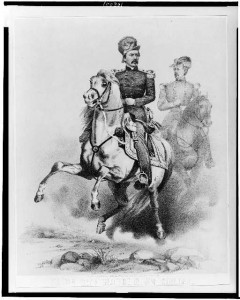
“I stand before you, not as a maker of speeeches, not as a politician, but as a soldier”
“My friends — for I feel that you are all my friends — I stand before you, not as a maker of speeeches, not as a politician, but as a soldier. I came among you to seek quiet and repose; and from the moment I came among you, I have received nothing but kindness; and although I came among you a stranger, I am well acquainted with your history. From the moment I took command, your gallant sons were with me. From the seige of Yorktown to the battle of Antietam, I was with them and witnessed their bravery.”
[Here the cheers were loud and long.]
“And that of the ever faithful and ever true TAYLOR; the intrepid and dashing KEARNY. One word more. While the army is fighting, you, as citizens, see that the war is prosecuted for the preservation of the Union and the Constitution, for your nationality and rights as citizens.”
It was almost impossible for the General to proceed in consequence of the dense crowd and the immense and prolonged cheering.
After [h]e had retired, he was called out and simply thanked the crowd from the window, and bade them good night.
According to Civil War Home, General McClellan “repaired to his Trenton, New Jersey, home to await new directives destined never to arrive.”
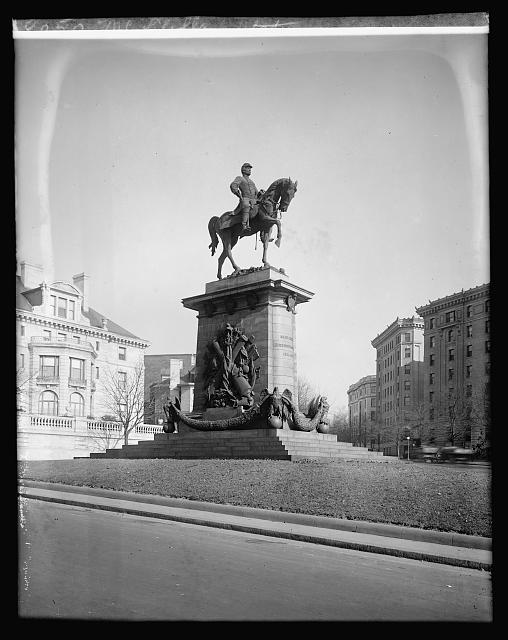
“see that the war is prosecuted for the preservation of the Union and the Constitution, for your nationality and rights as citizens.”
The map of Northern Virginia by Hal Jespersen is licensed by Creative Commons

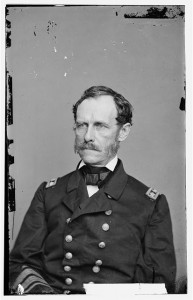
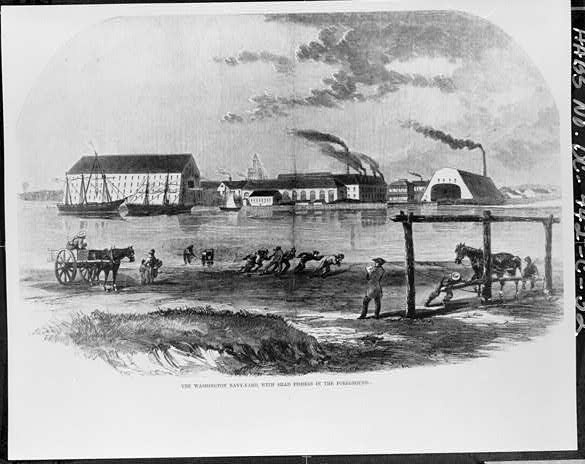
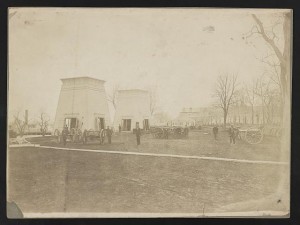
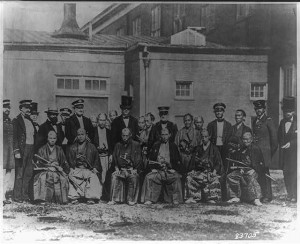
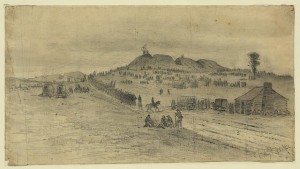
![General McClellan accompanied by General Burnside taking leave of the Army of the Potomac (by Alfred R. Waud, [1862 November 10]; LOC: LC-DIG-ppmsca-22477) General McClellan accompanied by General Burnside taking leave of the Army of the Potomac (by Alfred R. Waud, [1862 November 10]; LOC: LC-DIG-ppmsca-22477)](https://www.bluegrayreview.com/wp-content/uploads/2012/11/22477r.jpg)






